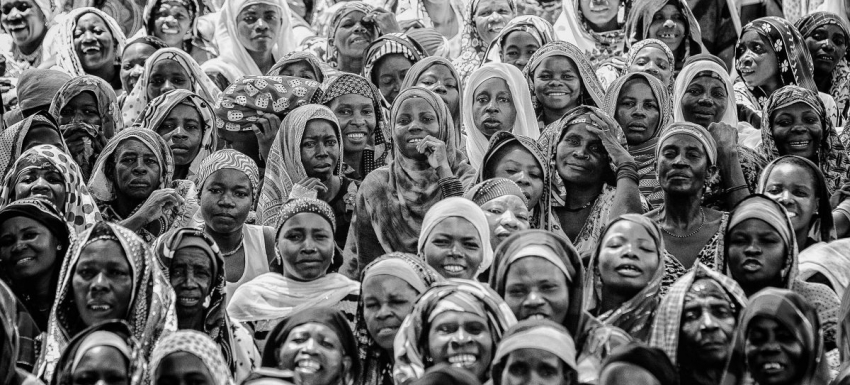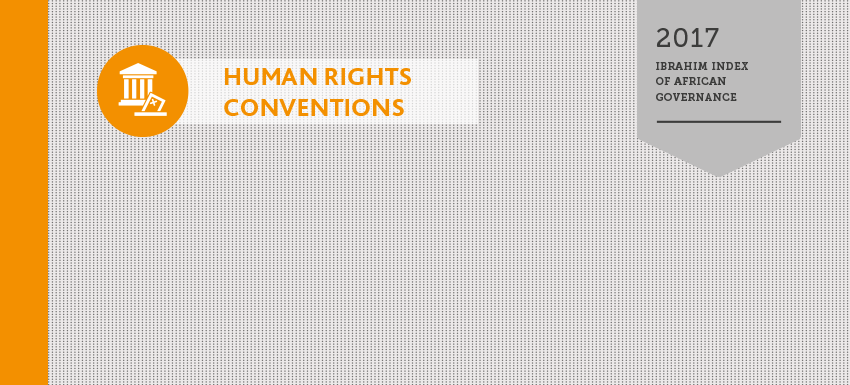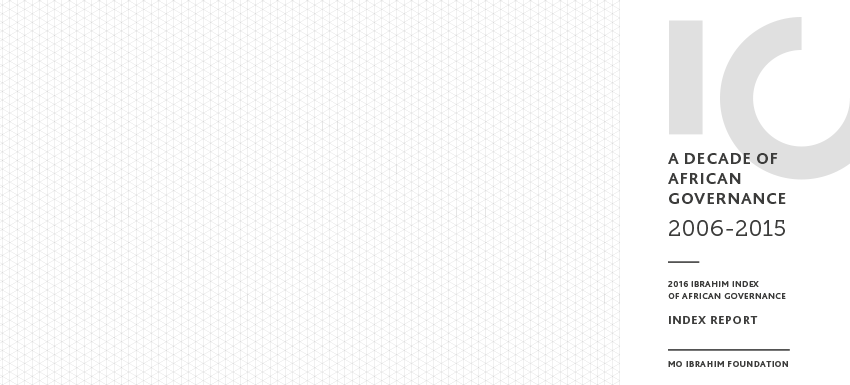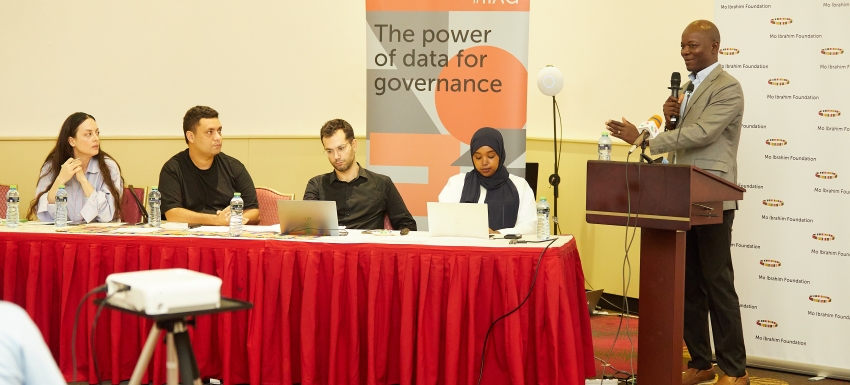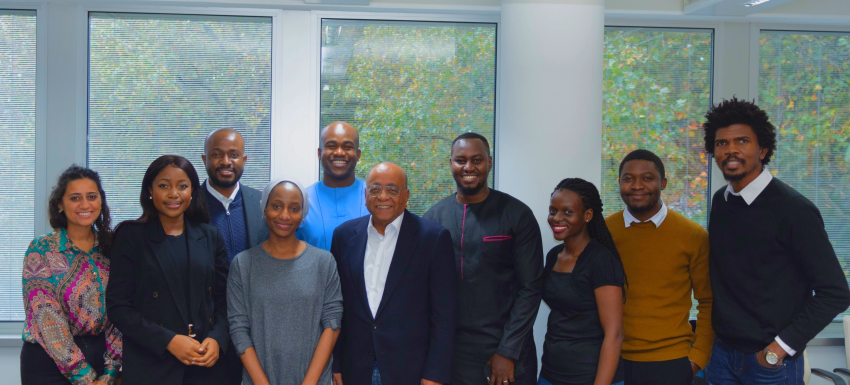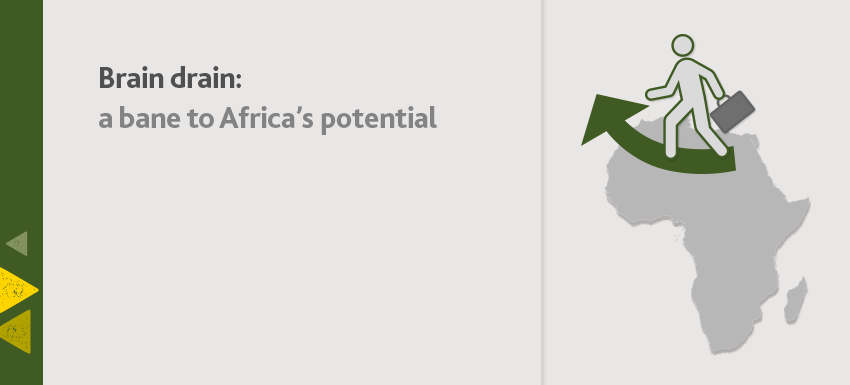In previous iterations of the IIAG, the assessment of civil society has been limited to indicators in the Rights subcategory that measure citizens’ freedoms of expression, association and assembly.
For the first time, the 2016 IIAG includes a specific indicator that explicitly measures civil society, featured in the Participation sub-category. Compiled using data from the Bertelsmann Transformation Index (BTI) and the Africa Integrity Indicators (AII), it captures the extent to which civil society actors are allowed to participate in the political process, as well as the freedom of nongovernmental organisations (NGOs) to operate without fear of persecution or harassment.
For the first time, the 2016 IIAG includes a specific indicator that explicitly measures civil society
Over the past ten years, the indicator Civil Society Participation has registered a marginal improvement (+0.5) at the continental level. However, looking beyond the African average, diverse trends can be found at the country level. Twenty-five countries have seen an improvement in this measure since 2006, representing almost 40% of the African population, with the largest increases in score found in Guinea-Bissau (+33.3), Zimbabwe (+26.2) and Côte d’Ivoire (+22.0). Zimbabwe’s performance in this indicator drives to a large extent its improvement in Participation at the sub-category level. On the other hand, nearly half of the African population live in a country that has deteriorated in Civil Society Participation, with six countries registering a decline of more than -15.0 points: Mali (-23.9), Ethiopia (-18.4), Niger (-17.9), Angola (-17.8), Gambia (-16.7) and Burundi (-16.0).
Nearly half of the African population live in a country that has deteriorated in Civil Society Participation
Looking at the underlying data of this indicator, the measure from BTI that assesses the participation of civil society in the political process has shown an average improvement of +2.0 points over the past ten years. On the other hand, Freedom of NGOs (-1.7), compiled using three measures from AII, has shown an overall decline since 2006. All three measures have seen deterioration at the continental level in the last decade, with particular decline found in the measurement of harassment of NGOs by the government.
67% of the African population have shown deterioration in Freedom of Expression in the past ten years
The sub-category Rights contains two indicators that can be used as additional proxies for an assessment of the civil society space in Africa. Freedom of Expression and Freedom of Association & Assembly have both shown an overall decline in score since 2006, of -2.7 points and -4.4 points respectively. Two-thirds of the countries on the continent, representing 67% of the African population, have shown deterioration in Freedom of Expression in the past ten years; Kenya shows the largest decline (-16.5). In Freedom of Association & Assembly, eight countries have declined by more than -20.0 score points, including high scoring countries such as Mauritius (-21.5) and South Africa (-20.1).
Eleven countries, covering over a quarter (27%) of the continent’s population, have declined across all three civil society measures – Civil Society Participation, Freedom of Expression and Freedom of Association & Assembly – in the past ten years, pointing at a restriction of the civil society space: Angola, Benin, Burundi, Congo, Ethiopia, Kenya, Mali, Mauritania, Sierra Leone, Sudan and Tanzania.
